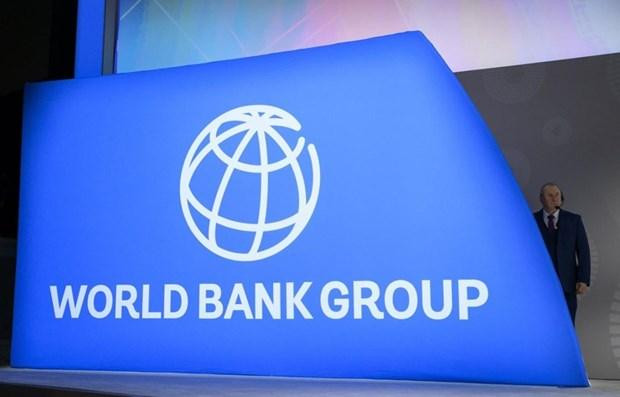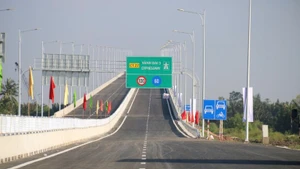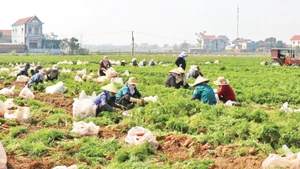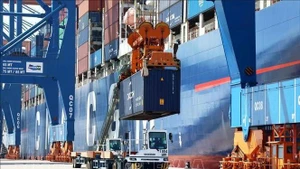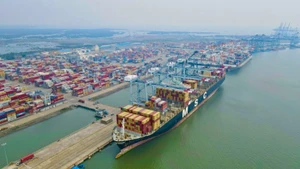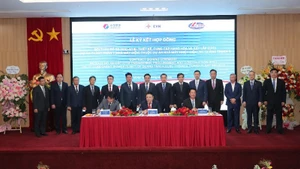Also due to weakening demand from major export markets, Vietnam’s export growth moderated to 4.8% annually, the lowest in the past 12 months amid rising domestic inflation, tightening global financial conditions and geopolitical instability in the world.
However, the registered foreign direct investment (FDI) capital rebounded thanks to inflows into production facilities in electricity, gas and water supply sectors. FDI disbursement still maintained a solid growth.
Despite softening fuel prices, consumer price index (CPI) accelerated from 3.9% in September to 4.3% in October due to inflation of food that accounted for 21.5% of the CPI basket.
Credit growth dropped to about 16.5% in October year-on-year due to tightening financial mobilisation conditions. The average overnight interbank interest rate increased from 4.95% in September to a record 5.48 percent in October. To stabilise the domestic currency, the State Bank of Vietnam raised two key policy interest rates by 100 basis points.
The report showed by the end of October, the State budget recorded a surplus of 10.7 billion USD. The total bond issuance reached 34.9% of the annual plan, much less than 72.5% recorded in the same period last year.
Given the economy is not fully recovered and growth in main export markets are expected to slow, the WB experts suggested that continued active fiscal policy to support the economy should be closely aligned with economic outcomes and coordinated with monetary policy.
